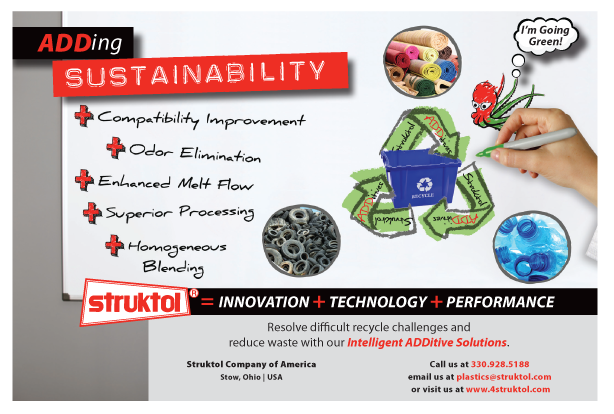Industry Salaries See a Big Boost
Previous Article Next Article
Industry Salaries See a Big Boost
Previous Article Next Article
Industry Salaries See a Big Boost
Previous Article Next Article




The across-the-board strength in the plastics industry has pushed average pay for workers to record highs.
Average base salaries in the plastics industry surpassed $100,000 for the first time in 2013. Average total cash compensation jumped 11% to more than $122,000, and compensation is expected to increase again this year, according to the 2014 Plastics Salary and Trends survey of more than 1,200 plastics professionals, conducted by the Society of Plastics Engineers and Gros Executive Recruiters.
That 11% rise in total cash compensation in 2013 is the highest one-year jump since Gros conducted its first salary survey in 2004. In addition, the 9% increase in base salaries to $104,000 is the largest for the plastics industry since 2005-2006, when base salaries were rising annually at about 5%.
The rise in wages continues a resurgence that began after base salaries dipped to $90,656 and total cash compensation shrunk to $103,522 in 2008. “The plastics industry continues to be a strong force in the U.S. economy, and companies are rewarding their employees with pay increases,” says Willem De Vos, CEO of SPE.
Interesting, managers are more optimistic about 2014 pay increases than workers. “More than 87% of managers said they are likely to confer pay raises in 2014, while only 76% of workers said they expect raises,” reports Dennis Gros, president of Gros Executive Recruiters “So my advice to employees is this: ‘Ask and it may be given to you!’ But don’t expect an 11% increase again, because financial realities and corporate profits don’t support it; 2013 was a catch-up year.”
The salary survey also showed a healthy pay structure from top to bottom in the plastics industry, as the gap between executive cash compensation and worker cash compensation is nowhere near as pronounced as in other industries, where CEO pay can often exceed workers’ wages by a margin of 200-to-1. The average total cash compensation of senior executives in the plastics industry in 2013 was $177,000. That compares to $138,000 for those in plant engineering and maintenance; $124,000 for individuals in sales, marketing, and customer technical support; $113,800 for design and development workers; and $104,500 for people in finance and the supply chain.
In addition, the average cash compensation for manufacturing workers in the plastics industry was $89,790, with workers in tooling earning just over $85,000.
Compensation was fairly similar across all 23 segments of the plastics industry surveyed, with only a difference of $13,000 in cash compensation between the highest paid segment—construction/building materials at $137,548—and the lowest—automotive at $124,306.
There was a greater variation in pay by type of processing. Packaging converters had an average total cash compensation of $147,813; compounders, $140,154; extruders, between $130,000 and $134,000; fabricators, $124,821; injection molders, $112,564; and recyclers, $94,583.
But even with pay now more attractive, 70% of managers still said that finding qualified candidates was their most difficult hiring challenge. The traits companies said they’ve sought most in workers (after technical proficiency) were individual initiative, the ability to communicate, and trustworthiness.
The survey also found that employees were optimistic about their own future and the future of their companies. More than 77% of those surveyed were very confident that their job will exist twelve months from now—the highest ever reported by the survey and a dramatic departure from 2009 when just over half (50.7%) of those surveyed were very confident their jobs would still exist in twelve months. In addition, 56.5% of managers—the highest amount ever—believe their companies will add jobs in 2014, with only 6.6 percent—the lowest ever—expecting the number of jobs at their company to decrease.
Members of SPE can obtain a copy of the 2014 survey, with detailed information, by logging into their accounts at www.4spe.org.
